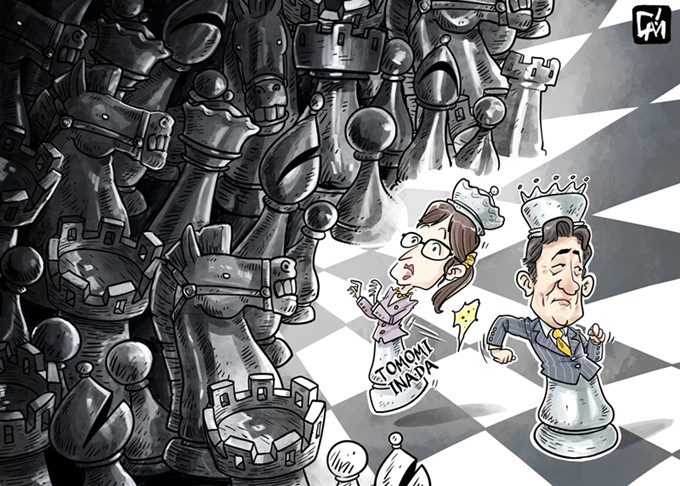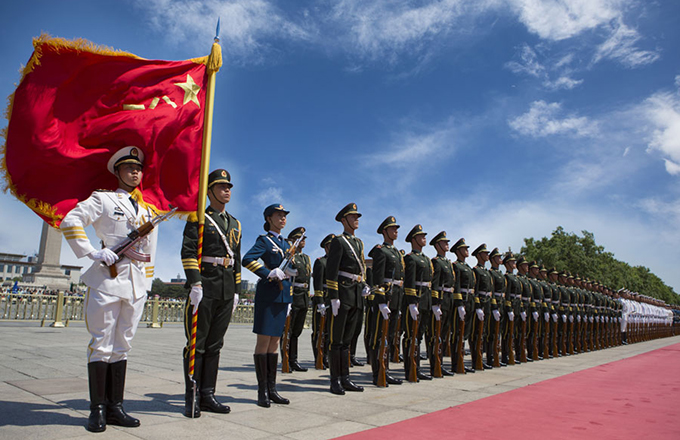Australia should address its anti-China tendencies
 |
|
Sydney Opera House in Sydney Nov 11, 2014.[Photo/IC] |
When the new school term began in Australia recently, posters appeared on the campuses of some universities warning Chinese students not to enter the university buildings. Such racism should be condemned by the whole of Australian society, and the relevant authorities should do more to guard against the spread of anti-China sentiment in universities.
These racist posters obviously hurt the feelings of not only Chinese students studying in Australia but the entire Chinese community in the country. It is to be hoped the perpetrators can be found and held accountable.
In recent years, Chinese students have contributed hugely to Australia's education sector, as they account for one-third of one of the country's pillar industries, bringing in approximately 20 billion Australian dollars ($16 billion) a year. Chinese students enrolled in Australian universities have the right to enjoy a peaceful and friendly school environment. Australia should also show the outside world that it respects people from other cultures.
Unfortunately, the posters are just the latest in a series of China-smearing incidents that have flared up in Australia over the past few months. Posters mocking Chinese property buyers, whom some Australians believe should be held responsible for fueling rising prices in Australia's property market, were seen in Sydney earlier this month. And in June, an Australian TV program falsely accused China of trying to influence the Australian political system by "manipulating" the Chinese community in Australia. To add fuel to the fire, some Australian politicians have talked in an unfriendly manner about China or aired biased and unjust opinions on the territorial disputes involving China and some of its neighbors.
Such a worrying tendency should raise the alarm because, if it remains unchecked, it will undermine the generally good momentum in China-Australia interaction.
Such an ill tendency runs counter to the two governments' efforts to deepen both the scope and the depth of bilateral cooperation. And it does not reflect the ever-increasing interactions of the two economies and their robust people-to-people exchanges.
Generally speaking, China and Australia relations are not plagued by any longstanding issues between them, meaning they should be able to effectively anchor their bilateral ties with friendly cooperation.
Yet, due to the deep-rooted bias harbored by some Australians toward China and the influence of a Cold War mentality, anti-China sentiments do flare up from time to time. It is high time the Australian government countered these undesirable misperceptions that hinder the healthy development of China-Australia ties.



















